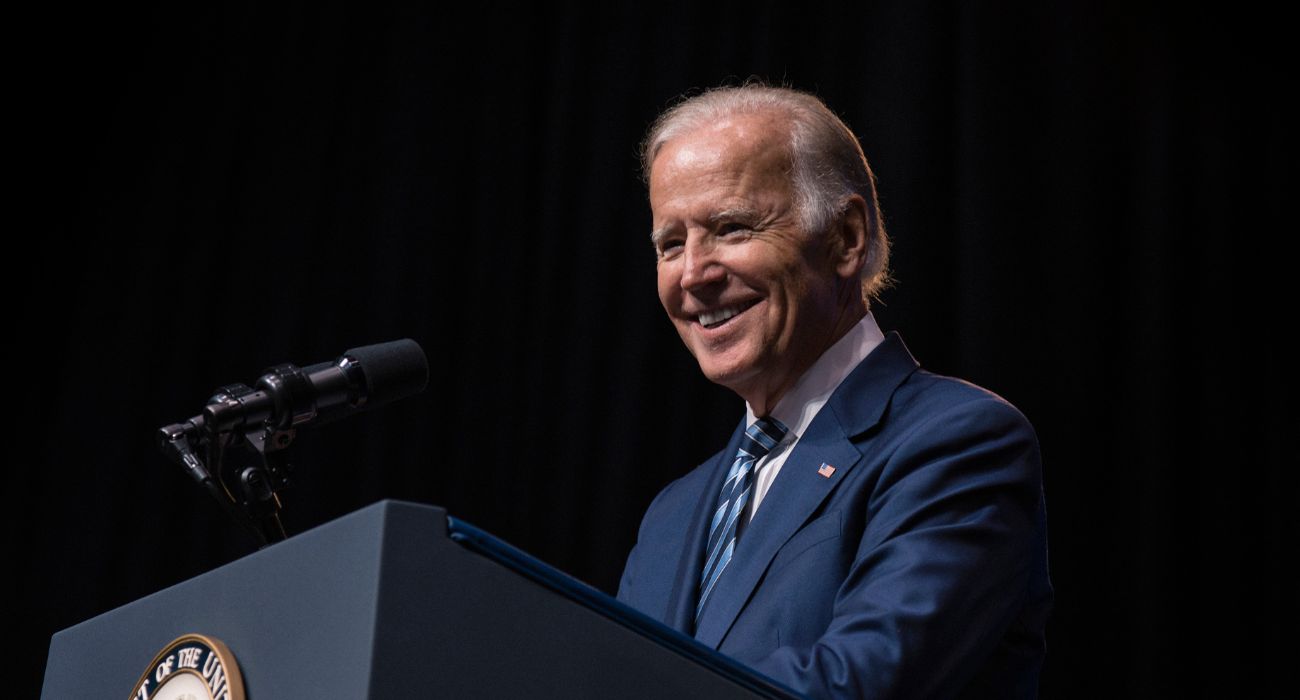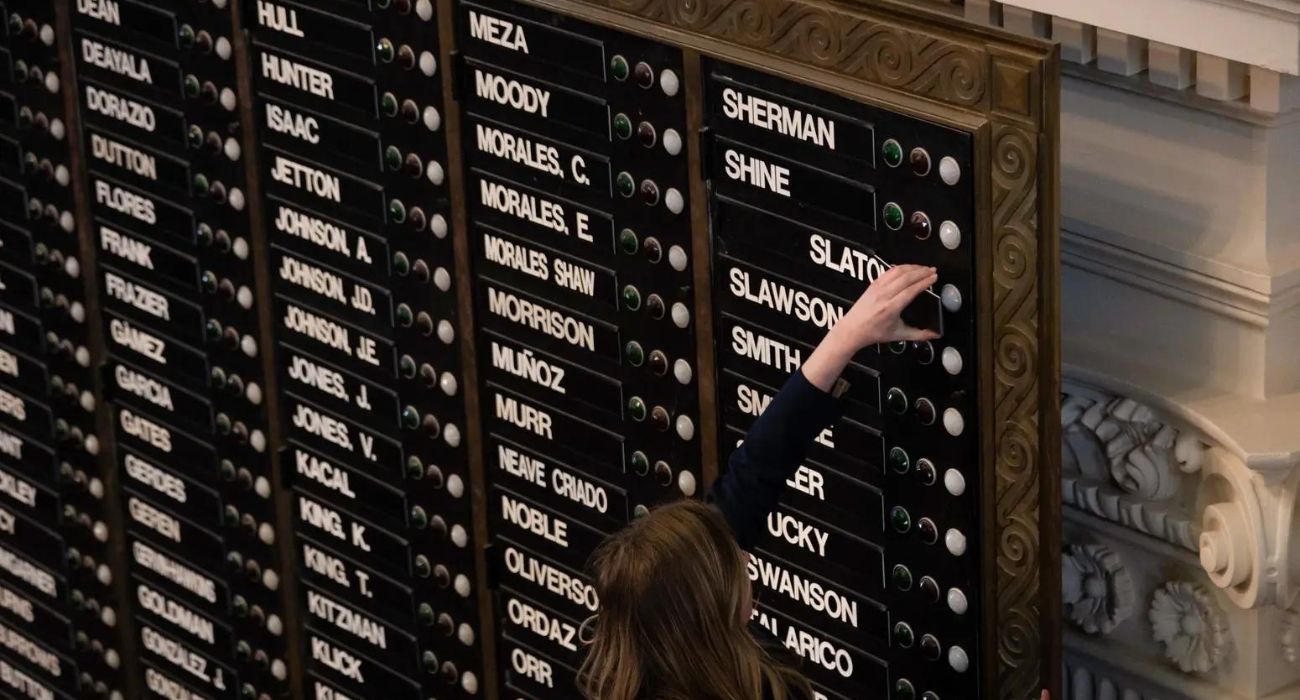A coalition of nonprofits has sued the Texas Secretary of State (SoS) seeking a judgment that would order Governor Greg Abbott to declare the November election of Proposition 2 (Prop 2) void.
The Dallas Express provided a breakdown of the propositions in a previous article. Prop 2 authorized counties to create Transportation Reinvestment Zones (TRZ), which allows them to issue bonds for local infrastructure improvement. The bonds will be backed and secured by taxpayers in those counties.
“The way the ballot language is worded and the way the enabling legislation is worded is very, very broad,” said Terri Hall, founder and director of Texans Uniting for Reform and Freedom (TURF).
“It gives counties wide latitude to come in and create a zone in which they can call anything they want underdeveloped, undeveloped, or blighted land. They can actually take existing properties and condemn them in order to put something new and shiny on top of it and get them higher property tax rates as a result because it’ll be a newer structure versus an older one. So, there’s a lot of development implications here. It’s not just about roads” she continued.
TURF, Grassroots America We the People, and True Texas Project (TTP) named Texas SoS John B. Scott as the defendant of this lawsuit. They allege that the ballot language presented to Texas voters on November 2 failed to comply with common law requirements, and asserts the ballot language was substantially misleading due to the removal of the phrase ‘ad valorem tax increases.’
“We wrote a letter to the Secretary of State [Scott] before the election, claiming that the ballot language was deceptive and asking them to clean it up and clarify it and told them in that letter that if they did not, that we would file suit. So, they did not, the ballot proposition passed, and so, good to our word, we filed suit,” said Fran Rhodes, president of True Texas Project.
The complaint accuses the Proposition 2 constitutional amendment of violating Section 233.014 of the Election Code. The election code states that on a proposed constitutional amendment, questions relating to the validity or outcome of a constitutional amendment election may be raised in an election contest, which is the exclusive method for adjudicating such questions.
“The issue here is that Texas has some of the highest local debt in the nation,” said Attorney Tony McDonald, who filed the lawsuit in Travis County district court. “At the same time, Gov. Abbott and the legislature give lip service to cutting property taxes, they put forward a proposition to expand local tax and debt authority and hit that authority from voters on the ballot. Texans deserve the respect of honest and straight-forward ballot language, particularly on measures that could lead to higher property taxes.”
The plaintiffs further blame local governments whom they allege want expanded taxing authority.
“County governments are pretty well out of control when it comes to spending just like cities are, and if you look at the amount of local debt in Texas, it has mushroomed to a point that it’s unsustainable, and that’s why we have such a property tax crisis and why we can’t seem to get our arms wrapped around it to reduce property taxes in a meaningful way,” Hall told Dallas Express. “This ballot measure is just a symptom of that problem because the one phrase they took out of the ballot language was ad valorem tax increases.”
Also known as property taxes, ad valorem taxes are based on the value of a property.
“The original language said that ad valorem taxes would be used to repay the debt,” Rhodes told Dallas Express. “It was in the original bill that was filed in the Senate report that came out, and at the last minute of the conference committee, it was removed. This same proposition was put on the ballot in 2011 with the language that said ‘ad valorem taxes would be used to repay the debt’, and it did not pass. We believe that certain legislators deliberately took it out, knowing it wouldn’t pass again with the language in there.”
Specifically, Proposition 4 in 2011 stated, “The constitutional amendment authorizing the legislature to permit a county to issue bonds or notes to finance the development or redevelopment of an unproductive, underdeveloped, or blighted area and top ledge for repayment of the bonds or notes increases in ad valorem taxes imposed by the county on property in the area. The amendment does not provide authority for increasing ad valorem tax rates.”
Prop 2 in 2021 states, “The constitutional amendment authorizing a county to finance the development or redevelopment of transportation or infrastructure in unproductive, underdeveloped, or blighted areas in the county.”
Scott was appointed the state’s chief election officer by Gov. Abbott. He is expected to reply to the lawsuit by December 13 unless an extension is requested.
“Once the Secretary of State answers the suit, we’ll need to tee the issues up for the judge to decide it,” McDonald told Dallas Express. “The question is pretty much a pure legal question, so I hope to get an answer from the trial court quickly and then work this up to the 3rd Court of Appeals in Austin and then to the Texas Supreme Court, if necessary.”
Under the Election Code statute, the implementation of Prop 2 is stayed while the contest is pending.
“The law is clear that Prop 2 was illegally worded,” McDonald added. “The counties can’t move forward on this particular bond authority while the suit is pending. Obviously, property taxes are still being collected. We just seek an order voiding the results of the election. Legislators could take another crack at this in 2023 if they want to use honest ballot language.”
Section 233.014 (f) of the Election Code directs the governor to declare the election void, as appropriate, not later than the 10th day after the date the judgment becomes final.
“It’s not about property taxes,” Rhodes added. “It’s about deceptive language on a ballot. If you’re going to ask voters to approve an amendment to the Texas Constitution, they should at least be clear on what the voters are voting for.”






